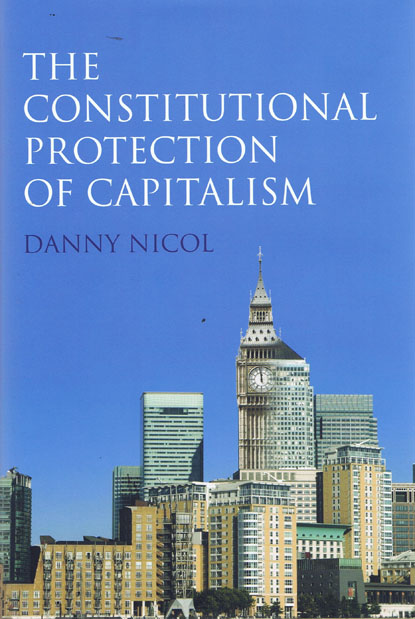
n 1945 a Labour government deployed Britain's national autonomy and parliamentary sovereignty to nationalise key industries and services such as coal, rail, gas and electricity, and to establish a publicly-owned National Health Service.
This monograph argues that constitutional constraints stemming from economic and legal globalisation would now preclude such a programme. It contends that whilst no state has ever, or could ever, possess complete freedom of action, nonetheless the rise of the transnational corporation means that national autonomy is now siginificantly restricted.
The book focuses in particular on the way in which these economic constraints have been nurtured, reinforced and legitimised by the creation on the part of world leaders of a globalised constitutional law of trade and competition. This has been brought into existence by the adoption of effective enforcement machinery, sometimes embedded within the nation states, sometimes formed at transnational level.
With Britain enmeshed in supranational economic and legal structures from which it is difficult to extricate itself, the British polity no longer enjoys the range and freedom of policymaking once open to it. Transnational legal obligations constitute not just law but in effect a de facto supreme law entrenching a predominantly neoliberal political settlement in which the freedom of the individual is identified with the freedom of the market.
The book analyses the key provisions of WTO, EU and ECHR law which provide constitutional protection for private enterprise. It dwells on the law of services liberalisation, public monopolies, state aid, public procurement and the fundamental right of property ownership, arguing that the new constitutional order compromises the traditional ideals of British democracy.